Healthcare at Home Enterprise App
Healthcare at Home Enterprise App...
Read moreTransform your digital vision into reality with our cutting-edge ASP.NET MVC development services. We specialize in delivering unique solutions that drive business growth and success.
Our ASP.NET MVC app development services are tailored to meet your business needs. Hire MVC developers from us and deliver secure and feature-rich solutions that drive results.
Improve your digital footprint and incorporate advanced features across all devices and platforms through our ASP.NET MVC web application development services.
We specialize in implementing RESTful APIs that enable smooth communication between your web app and client devices, ensuring efficient data exchange and optimal performance.
Drive your online sales to new heights and create secure, scalable, and top-notch eCommerce solutions that maximize conversions and revenue.
Hire us and experience the power and flexibility of ASP.NET MVC with our expertly framed software solutions, designed to drive growth and innovation.
Seamlessly transition your legacy applications to the modern ASP.NET MVC framework. Our developers ensure a smooth and efficient migration process, minimizing downtime and preserving data integrity.
Our QA specialists employ industry-leading methodologies and tools to identify and resolve issues, ensuring that your apps meet the highest standards of performance.
Gain valuable insights and strategic guidance for your ASP.NET MVC projects at every stage of your development journey, helping you make informed decisions and achieve your goals.
Keep your ASP.NET MVC apps running smoothly with our extensive support and maintenance services. Our dedicated support team ensures that your apps remain up-to-date, allowing you to focus on your core business activities.
Partnering with our ASP.NET MVC developers offers a seamless path to digital excellence. Backed by 12+ years of experience, we bring unparalleled proficiency in crafting out-of-the-box solutions based on your requirements. With a focus on innovation, we ensure your projects are delivered on time and within budget, empowering you to stay ahead of the competition.

ASP.Net offers test-driven development for clean, robust and structured code. Get you app developed with clean code now!
Let’s TalkOur developers excel in leveraging JSON and XML to facilitate seamless data exchange and interoperability between systems, ensuring efficient communication and integration across your apps.
With proficiency in C#, our developers harness the power of this versatile programming language to build robust and scalable ASP.NET MVC applications, delivering optimal performance and functionality.
Skilled in HTML and CSS, our developers create visually stunning and user-friendly interfaces, ensuring a seamless and engaging user experience for your web applications.
Our developers' expertise in MySQL enables them to design and optimize database structures, ensuring efficient data storage, retrieval, and management for your ASP.NET MVC projects.
Leveraging the power of jQuery, our developers enhance the interactivity and responsiveness of your web apps, delivering dynamic and engaging user experiences that drive user satisfaction and retention.
With a deep understanding of SQL Server, our developers design and optimize database queries, ensuring and reliability for your ASP.NET MVC apps under heavy loads.
Start a seamless development journey to procure an ASP.NET MVC developer for your project needs.
Discuss your project needs with us to set the development process in motion.
Review our developers' profiles and arrange interviews with those who match your criteria.
After selecting your preferred developers, choose from our flexible hiring models to suit your project needs.
Once all arrangements are in place, we proceed to sign a non-disclosure agreement to safeguard your project's confidentiality.

To hire our services, simply share your requirements with us, and schedule your complimentary consultation. Depending on your needs, you have the option to select from our various business models.
Engage our entire team at a set price, complete with defined functionalities, providing peace of mind. This model suits short-term projects with specific features.
Bridge any resource gaps by enlisting dedicated .NET MVC developers to focus solely on your project's requirements.
Opt for resources based on time investment, paying only for the hours dedicated to your project. Ideal for long-term projects requiring ongoing support and development.
We are reputed ASP.NET MVC development company in India. We offer various MVC sercies as per your project needs. We have successfully delivered app using latest MVC version and integration.
Hiring ASP.NET MVC developers will improve your project's overall efficiency and success by offering several benefits. First, these programmers are experts at using the ASP.NET MVC framework to create scalable and reliable web applications. Their extensive understanding of SQL Server, HTML/CSS, C#, and other related technologies allows them to optimize performance and speed the development process while producing high-quality code.
Their expertise with database management systems such as MySQL facilitates effective data processing, guaranteeing your applications operate without a hitch. Giving your project to our ASP.NET MVC developers gives you access to highly skilled technical personnel as well as their dedication to providing customized solutions that precisely match your company's aims and objectives.
If you're in search of highly skilled ASP.NET MVC developers to elevate your web development projects, look no further. Our dedicated ASP.NET MVC professionals are equipped with the expertise and experience to meet your specific requirements and exceed your expectations. With a focus on quality, innovation, and client satisfaction, we're here to help you achieve your goals and propel your projects to success. Contact Us Now!

Healthcare at Home Enterprise App...
Read more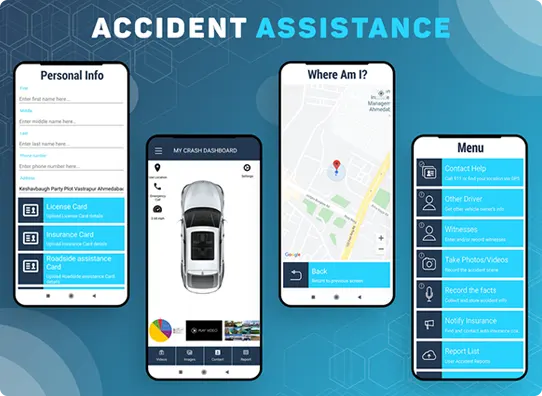
Accident Assistance - Mobile Application...
Read more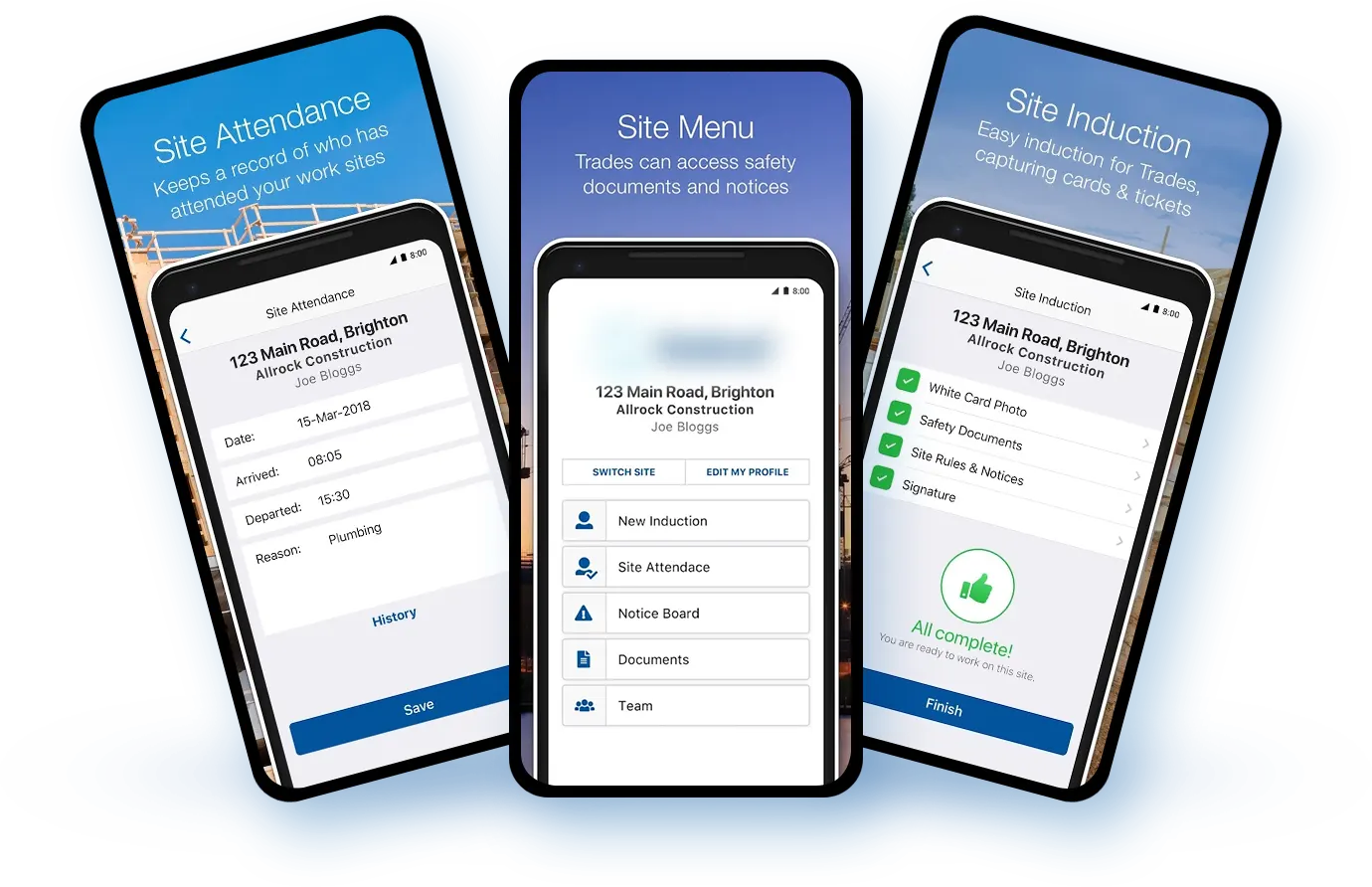
This employee attendance management application is to track the employees� records, contact details, and attendance. Th...
Read more
Staff Management App Development...
Read more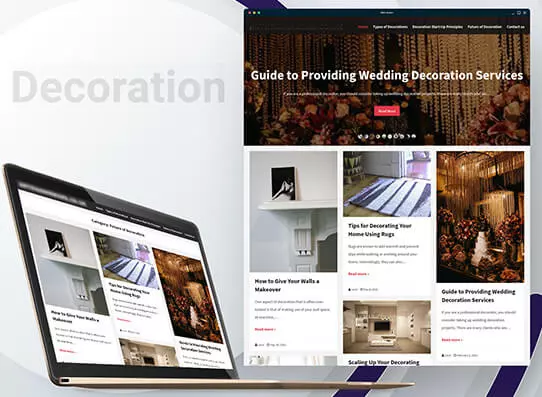
Sometimes, you want a mirror that is exactly what you want: the shape, size, edges, and even colour. The beauty of a custom ...
Read more
eCommerce Rental Book App Development...
Read more
Pet Waste Removal Services Marketplace...
Read more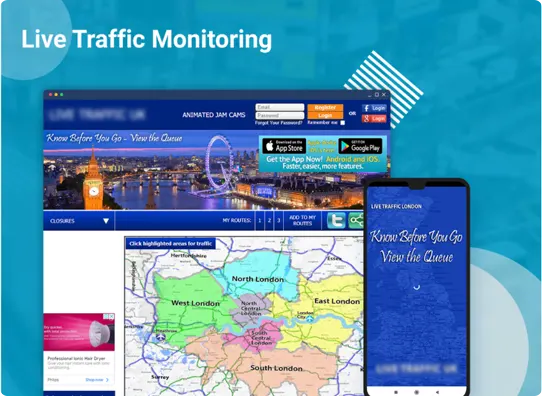
This Live Traffic Monitoring - Mobile App and Website helps you save time in case if you want to step out of your home. This live...
Read more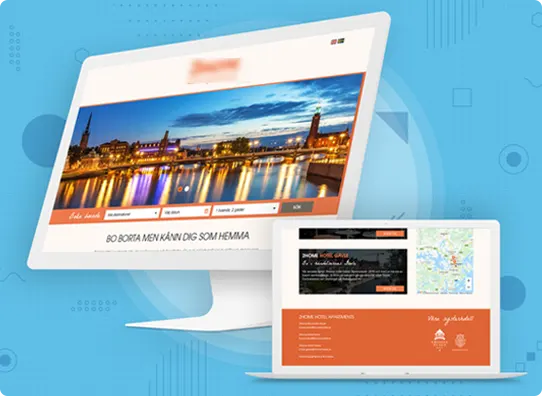
Hotel Booking Website Development...
Read more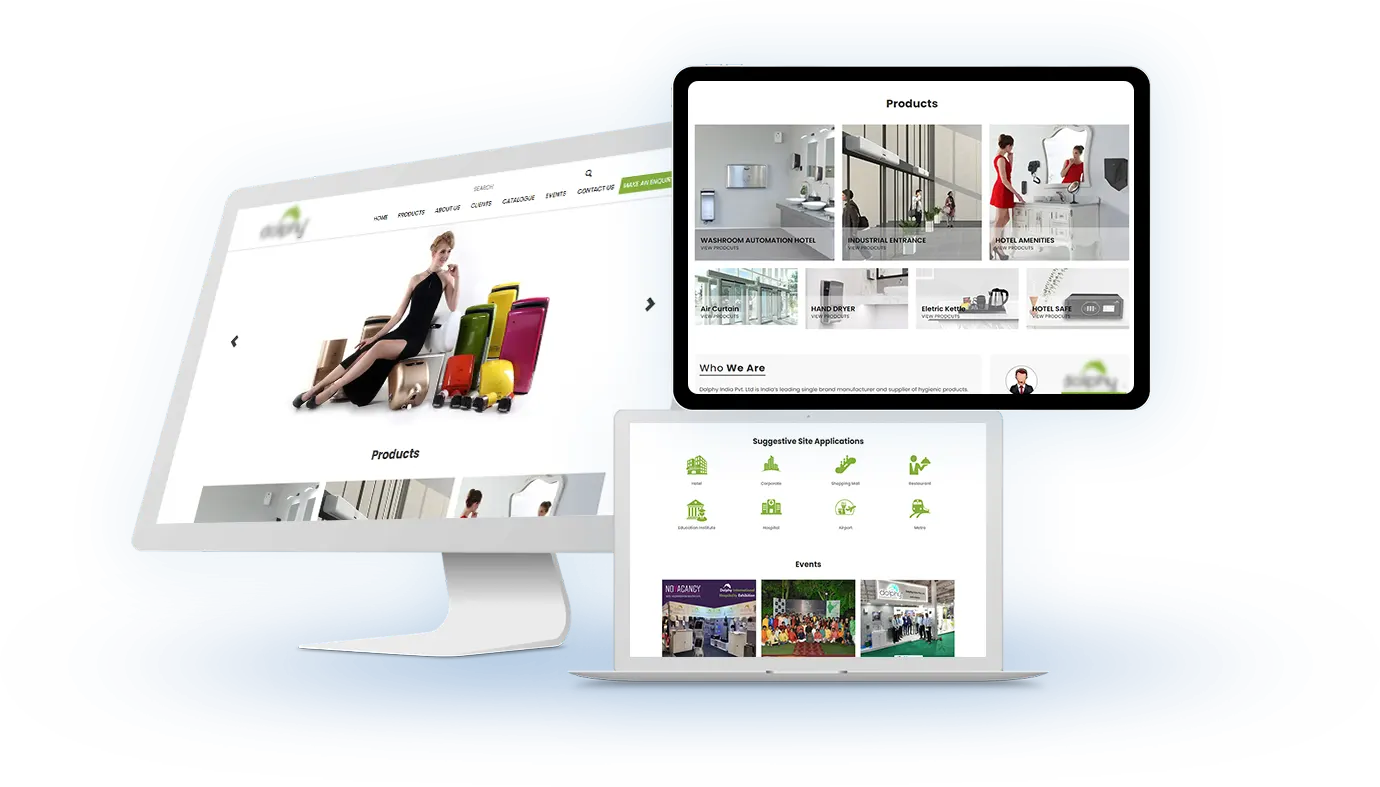
The company is Australia�s single-brand manufacturer and supplier of hygienic hotel and bathroom supply prod...
Read more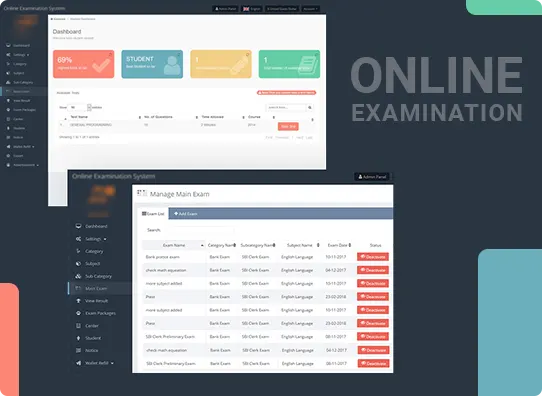
This online examination portal website is to centralize all the data of any institutes or colleges - questionnaires, test/exam...
Read more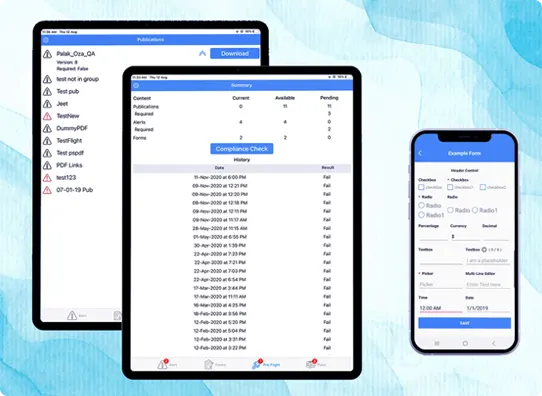
Dynamic form Building Application Development...
Read more
Chess Game Web App Development...
Read more
Online Video Streaming App Development...
Read more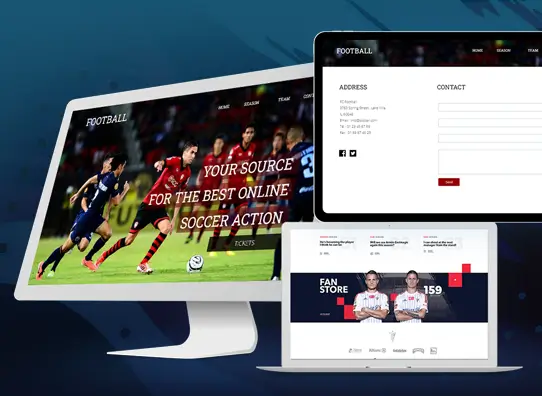
Football Networking - Sport Web Portal...
Read more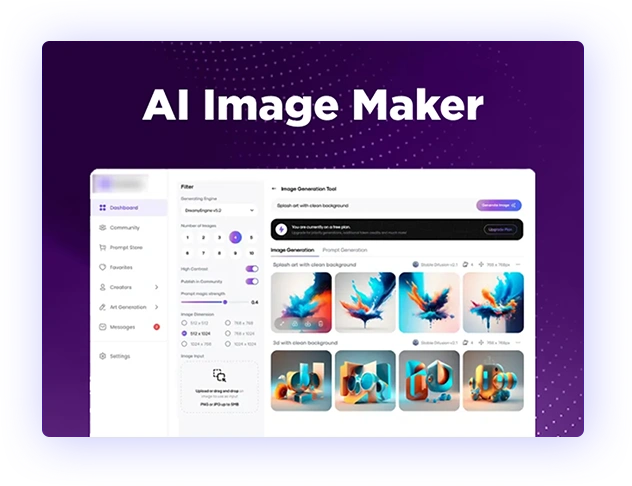
Creating high-quality images typically requires professional design skills, expensive software, and hours of effort. Many...
Read more
With millions of books available, finding the perfect read can be overwhelming. Traditional recommendation methods like...
Read more
This post examines the integration of AI, ML, and.NET programming, providing useful techniques for effectively using these state-of-the-art tools. .NET developers may achieve new capabilities in their applications, such as task automation, gaining insightful knowledge, and providing users with tailored experiences, by grasping the concepts this technology. ...

Microsoft has been working to improvise .NET and making big changes to it in the year 2026. This blog post summarizes what is coming next in .net core. ...
Some advantages of ASP.NET MVC include:
• Separation of concerns, promoting maintainability and testability
• Clean and customizable URLs
• Full control over HTML markup and client-side interactions
• Support for multiple view engines
• Extensibility and flexibility
As of now, the latest version is ASP.NET MVC 5.2.9. Consider using the latest stable version unless you have specific compatibility requirements with older versions.
Scalability and performance optimizations may include implementing caching strategies, optimizing database queries, using asynchronous programming, and employing load balancing and distributed architectures.
Common tools include Visual Studio, NuGet, Entity Framework, jQuery, Bootstrap, and various testing frameworks like NUnit or MSTest.
Security measures include input validation, parameterized queries to prevent SQL injection, output encoding, authentication and authorization mechanisms, HTTPS usage, and adherence to security best practices.
The choice depends on factors like project requirements, team skillset, and personal preference. Use ASP.NET MVC for projects that require more control over HTML markup, testability, and clean separation of concerns. ASP.NET Web Forms may be preferred for rapid application development and when leveraging server controls.